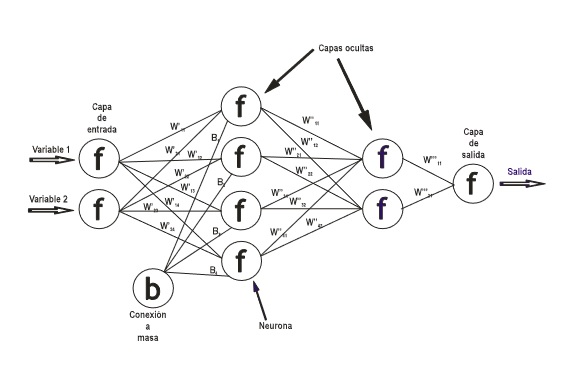Aplicación de las redes neuronales artificiales a la predicción del éxito empresarial. Caso particular de las empresas de nueva creación
DOI:
https://doi.org/10.33017/RevECIPeru2012.0010/Keywords:
Artificial neural networks, Enterprise solvency, Modeling.Abstract
Small and medium-sized enterprises (SME) are the driving force of economic expansion and employment creation in any country. Therefore, it is critical to promote the creation of new SMEs and maximize their chances of survival, especially in the first three critical years of their lives. Recognizing this, governments often 54 develop and implement diverse policies aimed at boosting entrepreneurship and supporting the creation of business initiatives, particularly those that helping SMEs in the early stages of life From a sponsor’s (e.g. the government or private business incubators) standpoint, it is important to understand the probability of survival that of new companies. Developing a model that attempts to explain the success or failure in a company from a quantitative and qualitative perspective is a research area to which significant resources have been devoted in recent times. Such a model would not only help emerging companies to predict the outcome of their venture under certain circumstances, but would facilitate detecting possible weaknesses that may result in business failure However, the studies conducted to develop prediction models have focused more on already established companies than on start-up firms. These models have mainly been based on regression analyses of quantitative variables (e.g. Altman ratios), and qualitative variables (e.g. training manager, product quality, or training, innovation, price and quality control policies), and so far they have not been able to achieve realistic results. This is mainly because of limitations that exist in the regression fits required to model the relationships between the different variables involved. Similarly, the few business survival studies that have focused on start-up businesses have also had very poor results In this study will an artificial neural network will be developed for business success/failure of entrepreneurship initiatives, modeling based on both financial data and qualitative information relating to various management policies. To collect data, researchers will conduct a series of personal surveys with managers from 125 companies. The surveys will be conducted by the same team of researchers to ensure the consistency of questions involving qualitative variables. Artificial neural networks (ANN) are a technique that involves the use of mathematical structures that imitate the functioning of the biological brain. Their use of ANNs has significantly increased in the late 70’s due to the high computers development and the resolution of some structural problems affecting the perceptron, one of the most used models. The major beneficiary has been the industrial sector with the modeling of mechanical properties of manufacturing products. However, they have been applied to many other fields that range from medicine to the field of economics. The nature of ANNs as universal aproximator makes them a very useful tool for modeling processes in which obtaining a result from the initial data is more important than the relations between the variables involved. The study will help to differentiate between successful and failure ideas, and to detect competitive weaknesses that may adversely impact their future survival of start-up companies.


